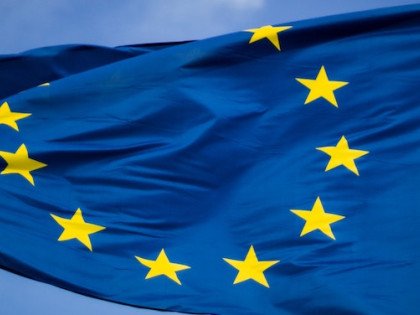Michael Landl, Director of the World Vapers’ Alliance (WVA), one of the 35 organisations behind the call, said: “Google already showed its ability to protect kids from accessing content not suitable for minors. It is clear that they have the technical ability to protect children without depriving adults of information. For the good of public health and consumer freedom this anti-vaping crusade needs to stop. The health and wellbeing of millions of people around the world depends on it.”
In a letter sent to Google CEO, Sundar Pichai, the 35 organisations point out that vaping is 95% less harmful compared to smoking and many governmental agencies already encourage smokers to switch. Google should follow these science-based actions. The letter also notes that many of the apps being banned are designed to help and guide those who wish to find a less risky alternative to smoking.
Francisco Ordonez, President of Latin American consumer group, ARDT Iberoamérica and signatory of the letter, said: “Vaping is less harmful than smoking and an effective smoking cessation method. People need to be able to access accurate information about vaping and get help to quit smoking. Reducing access to reliable information for smokers will be that fewer people try to switch to less harmful alternatives. Nobody can want this. Google needs to resist these misinformed and populist demands.”
The signatory organisations are calling on Google to keep access to information about vaping and tobacco harm reduction in general open.
The letter followed on the heels of the WVA warning about the impact of higher taxes on vape products.
The organisation strongly urged European policymakers to stay away from equating smoking tobacco and vaping, especially when it comes to taxation. The warning followed a recently ended consultation on the update of the Tobacco Excise Directive, which specified the European Commission’s intention to tax vaping products similarly to how cigarettes are taxed.
Commenting on consultation, Landl said: “Making vaping less appealing to smokers by higher prices will discourage current smokers from switching to less harmful alternatives. This is certainly not going to be of any public health benefit. Additionally, high taxes on vaping products are particularly harmful to the lower income brackets of the population, which make up the largest proportion of current smokers.”
The consultation ended on 5 January and out of 134 responses from citizens, associations and industry, 113, or 84% referenced the positive impacts of vaping and the serious negative impact that taxing it the same as cigarettes would have.
Michael Landl added: “I am delighted by the overwhelming number of responses in favour of vaping to this consultation. It shows that many people know the potential for harm reduction of vaping. What policymakers need now to understand is that tax hikes on vaping will lead to people switching back to smoking, an outcome absolutely nobody wishes for.
“Therefore, for the WVA it is important that non-combustible products are not regulated and taxed the same way combustible tobacco is. Lawmakers need to follow the scientific evidence and abstain from tighter regulation and higher taxation of vaping products.
“If we want to reduce smoking induced burdens on public health, access and affordability to vaping products need to be guaranteed”, Michael Landl concluded.
Related:
Photo Credit:
-
Image by Gerd Altmann from Pixabay
Dave Cross
Journalist at POTVDave is a freelance writer; with articles on music, motorbikes, football, pop-science, vaping and tobacco harm reduction in Sounds, Melody Maker, UBG, AWoL, Bike, When Saturday Comes, Vape News Magazine, and syndicated across the Johnston Press group. He was published in an anthology of “Greatest Football Writing”, but still believes this was a mistake. Dave contributes sketches to comedy shows and used to co-host a radio sketch show. He’s worked with numerous start-ups to develop content for their websites.
Join the discussion
EU Commission Called Out
The World Vapers' Alliance calls out the EU Commission's hostile stance on Tobacco Harm Reduction in light of Tobacco Product Directive consultation findings
WHO HIGHLIGHTS SWEDISH SUCCESS
A major new report from the World Health Organization (WHO) highlights Sweden’s success in going smoke-free with the help of less harmful cigarette alternatives
MEPs Want Integrated EU Strategy
MEPs propose actions to prevent and lower the prevalence of non-communicable diseases in the EU, in order to reduce the burden on healthcare systems and on citizens’ quality of life
Report Raises Concerns About EU Transparency
A recent report raises concerns about the EU’s approach to transparency and inclusivity as member states challenge the Commission's stance on tobacco control






-listing400.jpg)




